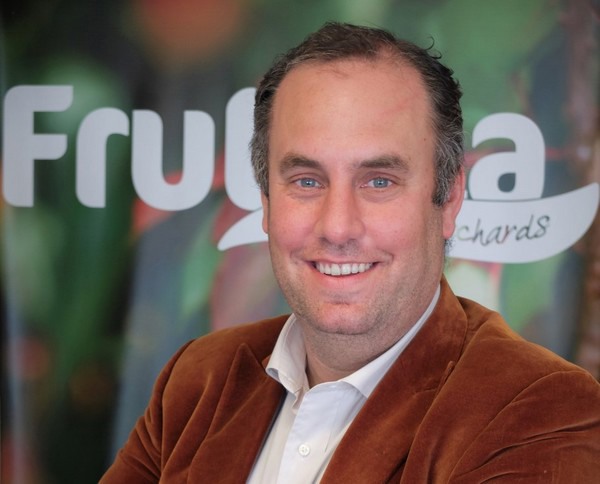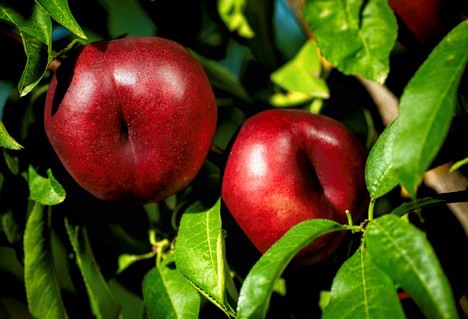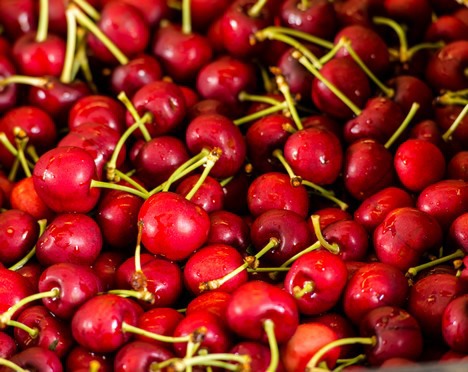The Spanish stone fruit season starts as the fruit begins to ripen; something that this year is happening about ten days later than in the previous season, when there was a fairly early start. The supply will not be high this year due to the impact of adverse weather events, which could give prices a boost, as was the case last year.

"This week we have started with the harvest of the first red-skinned and yellow-fleshed peaches in our farms in Huelva and Seville, and next week we will start with the nectarines. Although we are starting later this year, these are actually normal harvesting dates," says Carlos Echeveste, commercial director of Frutaria.
The amount of hours of cold during the winter, when the trees are in the dormancy period, has been more than enough. However, from mid-March onwards, the cold has been excessive, causing frosts in most of the European producing areas. "The earliest areas in Spain, which are the regions of Andalusia and Murcia, have hardly been affected, so the impact of this frost damage on the market's fruit supply will only start to be noticed from mid-June. However, in general, there is going to be a 50% shortage in the apricot supply in Spain throughout the campaign, as in France," he says.

Regarding plums, a very representative product for this company, volumes are expected to be smaller than initially expected, although still within normal levels. According to Carlos Echeveste: "The plum harvest in Badajoz will be around 25% smaller than initially planned, as we had been expecting record volumes, but it will be a rather normal harvest. There will be less competition from Italy, which has been terribly affected by the frosts, and there will also be much fewer Hungarian plums entering the markets. The recovery of the traditional Brazilian market has created a more promising scenario than last year's, although there are still some uncertainties. How will the pandemic affect consumption with such daily contagion figures? How will it affect the exchange rate between the Brazilian real and the Euro or the dollar? Will we have the necessary logistical means, with shipping still affected by the incident in the Suez Canal? Will there be enough reefers? What will freight rates be like?"
"It's not going to be an easy year and prices at origin will be high. This season, some of the fruit that has been saved from frost will have skin damage, open pits and other defects, so extra efforts will have to be made in promotions to prevent waste. We will have to protect the quality of the service. We will also keep an eye on the weather in the coming weeks, since this is now a time when rains and hail are often recorded," he says.
According to Carlos Echeveste, the markets are impatient to start having summer fruit on their shelves. "There is demand, and a lot of it. I've been in this sector for many years and it still surprises me, because despite the cold spring, our customers are asking us for stone fruit instead of citrus. We expect this trend to continue throughout the season. Right now, the volumes available are still insignificant, but in two weeks there will already be a consistent supply."
Large-scale varietal renewal
Frutaria's stone fruit production is spread out across most of Spain, with plantations in Seville, Huelva, Badajoz, Zaragoza and Huesca, starting in mid-April with nectarines and peaches, and ending in October with plums.

The company is currently involved in a major varietal renewal of all stone fruit species, including cherries, which will arrive in a week's time, with a full harvest expected. "For this season, we have replanted about 120 hectares with new and improved varieties of round and flat nectarines, peaches, flat peaches and cherries. We are looking for fruit with more flavor and a better shelf life, to make sure consumers will come back for more. In our own testing and breeding fields, as well as those of our sister company ASF Edition, we are committed to cultivating varieties that are profitable for all links in the chain," says the commercial director of Frutaria.
Between 2019 and 2020, thousands of hectares of stone fruit trees were uprooted in Spain due to bad campaigns with ruinous prices, although this trend appears to be changing since the end of last season and some producers have been encouraged to invest in new varieties. "If this year is again a good one in terms of prices, the rising trend will be likely to continue," says Carlos Echeveste.
 For more information:
For more information:
Carlos Echeveste
Frutaria
T: +34 976 469 459
M: +34 606 69 87 32
cecheveste@frutaria.com
frutaria.com
